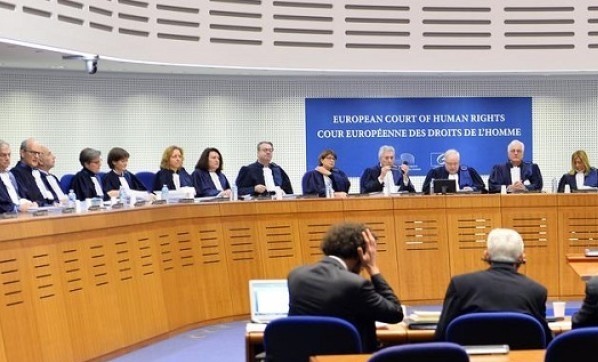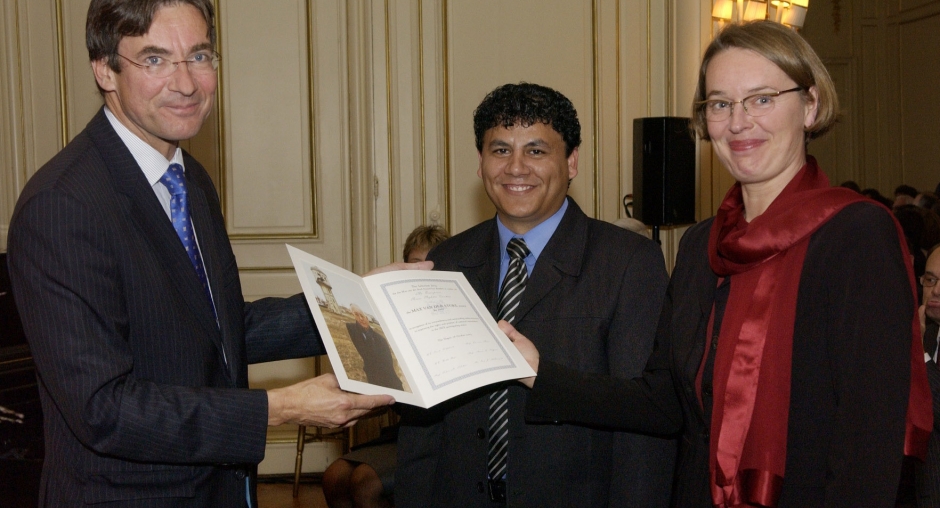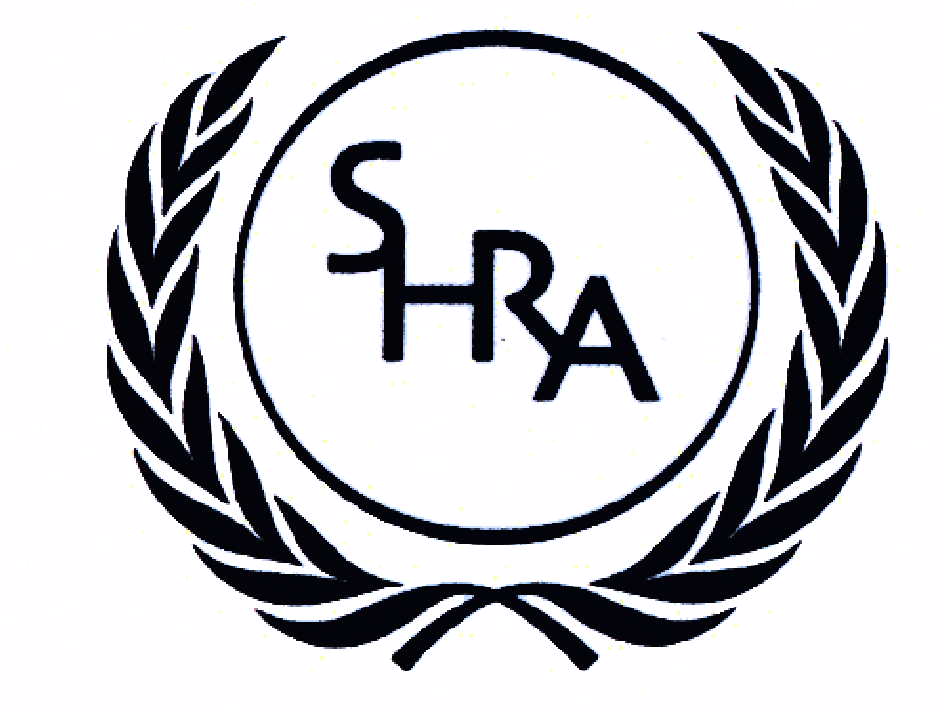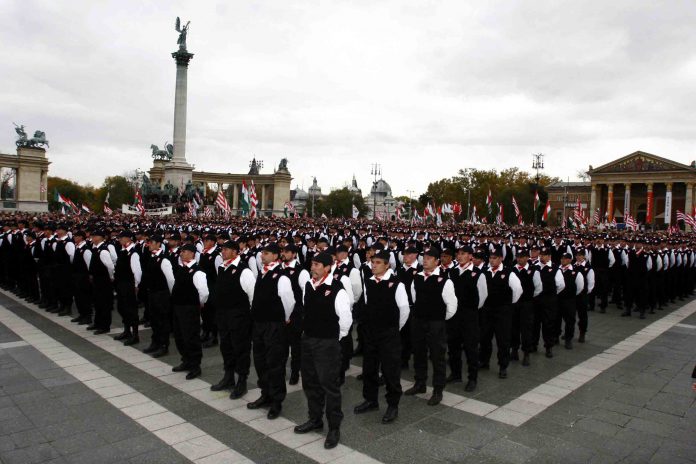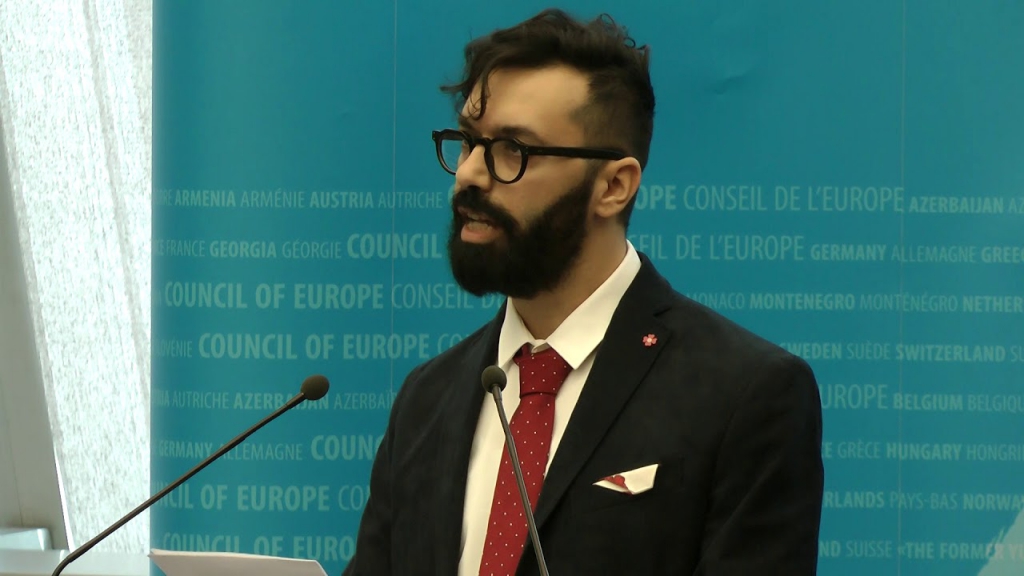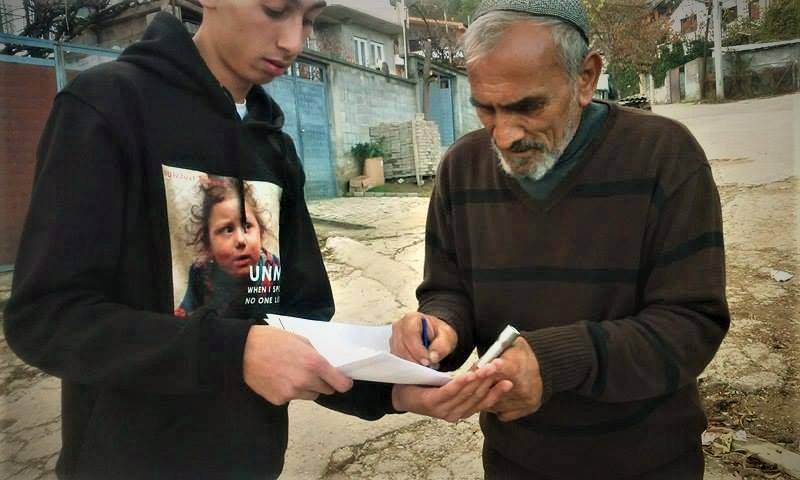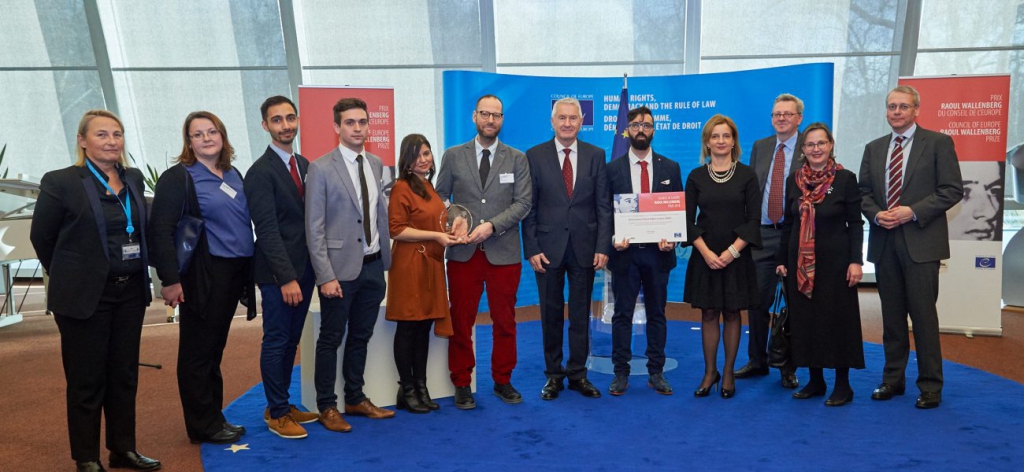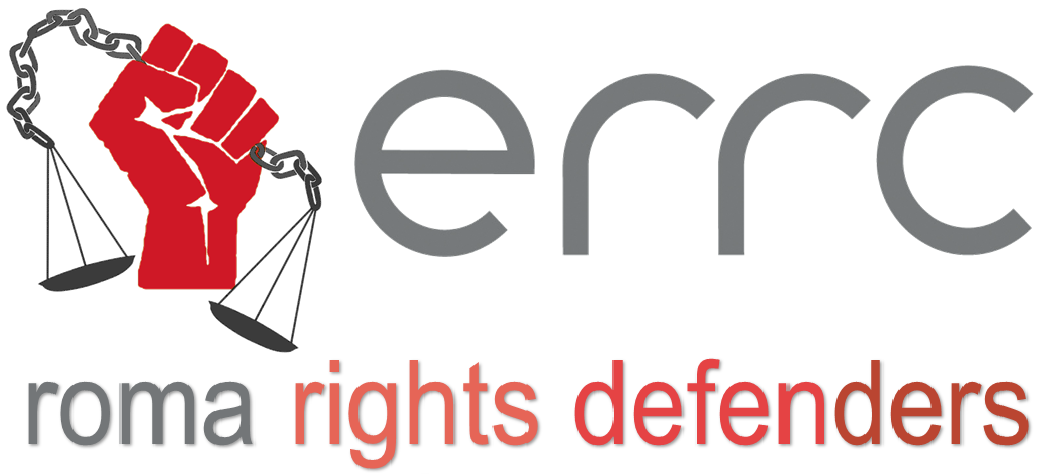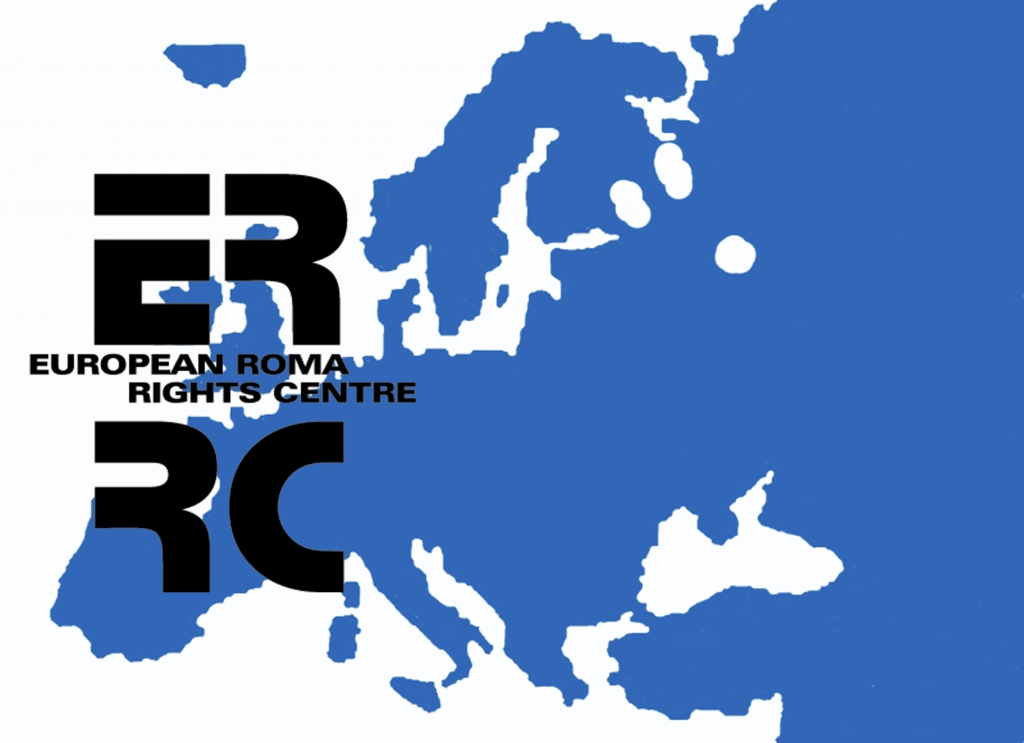
European Roma Rights Centre is founded!
After a landmark victory involving a Romani man winning a police brutality case in Bulgaria, activists and human rights lawyers from the Open Society Foundation started the ERRC. The centre was the first strategic law organisation working on Roma Rights in Europe, and was partly inspired by the successes of the NAACP in the Civil Rights movement in the United States.


